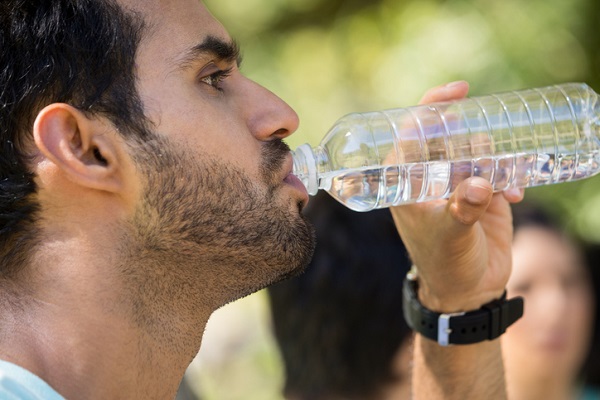
Managers are always looking for the best possible results from their staff, and a healthy lifestyle can be helpful in both upping driver satisfaction as well as productivity. Driving can be a physically and mentally draining exercise, and those who do it for a living feel the strain more than most. Finding the time to integrate healthy habits into a normal working day can be tricky, but even the busiest of truckers can look after their wellbeing with the right advice.
Graduates of dispatching programs can find themselves working as driver managers, driver trainers, and as valued dispatching professionals working with a large crew. Here are some useful tips which can be passed on to make sure drivers remain healthy and happy colleagues:
1. Encourage Drivers to Rest Up
With the right habits, a healthy lifestyle is very much possible for professional drivers. Part of keeping a healthy lifestyle involves getting plenty of rest, as being tired behind the wheel can be more than a little dangerous.
Fortunately, with new advances in technology, it’s now easier to make sure that drivers are getting the rest they need. After dispatch school you can help by reminding drivers that proper rest is important. Getting at least 8 hours of sleep a night can make a world of difference for a driver’s health, and can help them avoid making mistakes on the road as well.
2. Introduce Measures to Ensure Drivers Are Well Hydrated Behind the Steering Wheel
Dehydration leads to a tired body and mind, so it’s important for drivers to always have a bottle of water close at hand. A fizzy drink with lunch or dinner is always tempting, but it’s a good idea to encourage colleagues to swap it for water instead. Driving, particularly in a warm cabin, leads to a lot of perspiration. It’s recommended that everyone drink approximately 8 glasses of water a day, the equivalent of about 2 litres. Driver managers could help by providing reusable water bottles for drivers, which they can fill up at stops. Sipping on water regularly in the cabin provides a great boost to driver health and energy levels too.

3. After Dispatch Training, Help Drivers Avoid Energy Drinks
Unfortunately water is often overlooked in favor of drinks which offer a quick energy boost. Consumption of coffee and energy drinks should be kept to a minimum, as they are just masking mental and physical tiredness.
Drivers should be encouraged to rest, rather than use stimulants when they are feeling drained. This is because coffee and energy drinks can come filled with added sugar. In addition, too much caffeine can lead to insomnia, which will only aggravate feelings of tiredness in the long run.
4. There’s Lots of Technology Available to Monitor Driver Health
As grads of dispatch training may know, new driving technology constantly aims to make route planning and life on the road much easier, but electric gadgets are also available to help with staff health. If you decide to implement a health initiative at your future place of work, you may want to encourage drivers to wear health tracker bracelets which monitor heart rate and the number of steps taken throughout the day. Dispatch professionals could also set fun goals or challenges for workers to meet, and then reward those making good progress with their health.

Drivers can look after their physical fitness by taking walks and carrying out simple exercises, like squats, during a pit stop. A healthy body and mind makes work much more enjoyable, and drivers will feel healthier, happier, and more productive as a result.
A broad range of interesting career opportunities open up after completing a dispatch course.
Check out Automotive Training Centres for more details!

